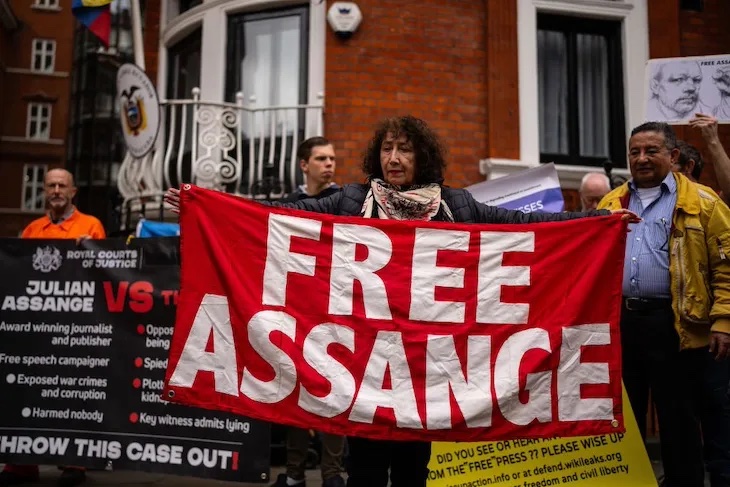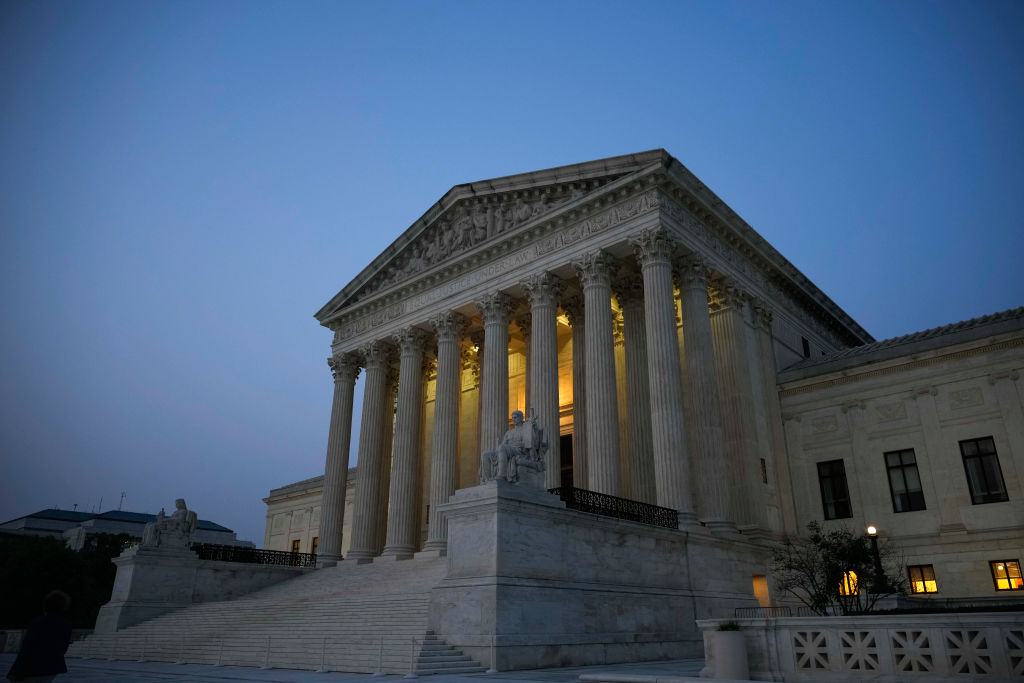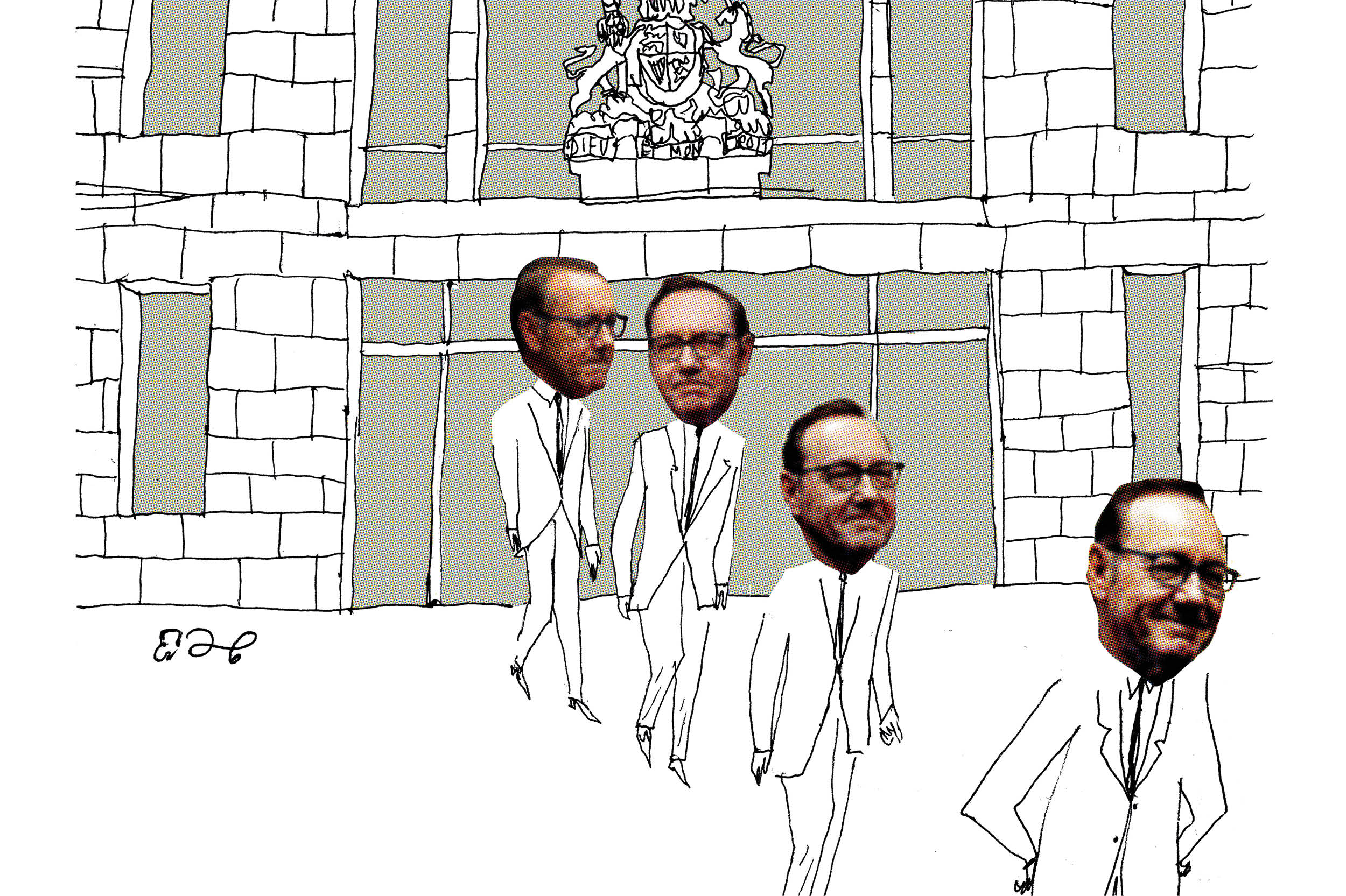Bruce Robinson’s 2011 film The Rum Diary, an adaptation of Hunter S. Thompson’s novel, was a critical and financial flop. It’s doubtful anyone would remember it a decade later were it not for one salient feature: it introduced its star Johnny Depp to the actress Amber Heard, leading to what was initially one of the most glamorous romantic pairings in Hollywood.
Yet after their separation and divorce, the fallout from their relationship has been immense, waged through a series of ugly and very public court battles that have laid waste to their reputations.
After a court defeat in London, in which Depp sued The Sun for defamation after the newspaper called him a wife beater, Depp has now moved onto another expensive and humiliating legal case. In this instance, he’s suing Heard herself for defamation in a Fairfax County courtroom. Heard published an op-ed in the Washington Post in December 2018 in which, without explicitly naming Depp, she described herself as a victim and survivor of domestic abuse. She wrote, “Two years ago, I became a public figure representing domestic abuse, and I felt the full force of our culture’s wrath for women who speak out.”
Heard has certainly faced the full force of our culture’s wrath on social media since the case began. Depp’s expensive and accomplished lawyers have called a series of witnesses who have systematically cast doubt on both her mental health and ability to tell the truth. A forensic psychologist described her as having borderline personality disorder and of having abused Depp herself. Grim recordings were played of her admitting to hitting him, calling him a “fucking baby,” and of him in a distressed, clearly drunk or drugged-up state.
Likewise, the abusive messages that he sent to various friends about her have been released into the public domain, to unedifying effect.
Thus far, Heard is losing the battle for hearts and minds. (She recently fired her PR team, for understandable reasons.) The vast majority of the media coverage has been sympathetic to Depp, who has skillfully portrayed himself as a pathetic, aging thing, his days of superstardom long since behind him, more sinned against than sinning. The social media hashtag #JusticeforJohnnyDepp trends on a daily basis; its rival #JusticeforAmberHeard does not. Blame the woman, one might say.
Yet this could all change shortly, when Heard’s lawyers begin to tear into Depp and presumably yet more repellent details emerge. Either way, it seems doubtful that either will ever be able to return to their prelapsarian state of movie stardom. Heard is no longer the fresh-faced emerging star of the superhero silliness Aquaman, but someone who will forever be associated with marital ugliness. Yet she can still resurrect her public reputation. No doubt there will be a memoir, and an Oprah interview, and more besides. There may yet be a Rose McGowan-esque comeback, even as she is pilloried by her millions of detractors.
Depp’s career is now all but over, whatever the results of the latest trial. He may pick up small character roles in independent pictures or leading roles in dubiously financed international movies, but he will never again be a mainstream Hollywood star. The days of Captain Jack Sparrow are over. And what some of us who remained agnostic about Depp’s unlikely leading man career may regret is that an interesting, offbeat figure was consumed by his demons, not least alcohol and drug addiction, which his erratic behavior reflected.
Whatever happens now, Depp and Heard will be notorious forever. Their battle royale has demonstrated a side of wealth and privilege that many may have preferred never made it into the public eye. It is a grim story, a cautionary tale about the perils of overarching fame: look on my works, ye mighty, and despair.

























